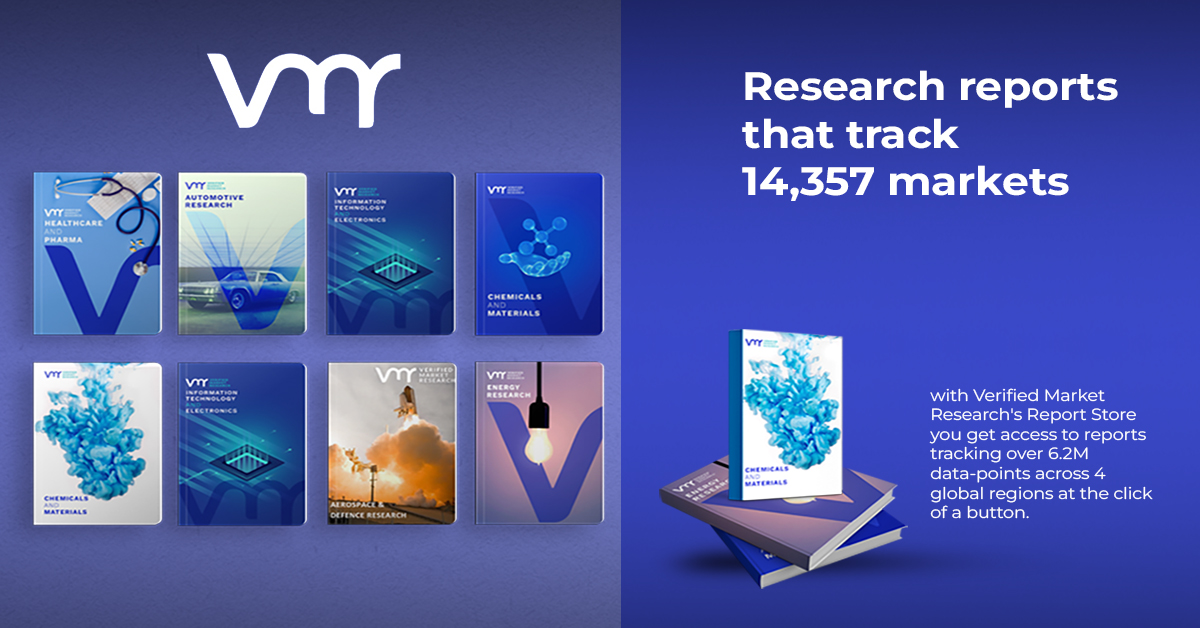Unlocking the Growth of the Secondary Tickets Market: Trends, Innovations, and Challenges (2024-2028)
The secondary tickets market, once considered a niche segment, has transformed into a dynamic multi-billion-dollar industry, with a projected growth of USD 132.1 billion at a remarkable CAGR of 34.25% from 2023 to 2028. This rapid expansion is fueled by technological advancements, shifting consumer preferences, and the rising popularity of live events such as sports, concerts, and theater performances. Here’s an in-depth exploration of the latest developments in the secondary tickets market, key growth drivers, and emerging challenges.
Understanding the Secondary Tickets Market
Secondary tickets refer to resold tickets for live events through platforms beyond the primary source. Popularized by dedicated marketplaces and the rise of peer-to-peer platforms, this market has created opportunities for fans to access sold-out events or secure tickets at competitive prices.
Key categories include:
- Sports Events: Major driver of growth, particularly with global events like the Olympics and FIFA World Cup.
- Concerts and Music Festivals: A fast-growing segment due to the post-pandemic surge in live music attendance.
- Theater and Cultural Events: Continued demand for exclusive performances such as Broadway shows.
Market Drivers
1. Digital Transformation
The growth of online platforms has revolutionized ticket resale. Players like StubHub, SeatGeek, and Viagogo are leveraging AI algorithms to enhance user experience, improve pricing models, and ensure transparency. Mobile apps have further streamlined ticket purchases.
2. Rising Popularity of Live Events
Demand for real-time experiences is surging, especially in sports and entertainment. Events such as the UEFA Champions League and Taylor Swift’s “Eras Tour” are examples of significant contributors to market growth.
3. Flexibility in Refunds
With primary ticket sellers often lacking flexible refund options, buyers are turning to secondary platforms for more accommodating solutions, especially in uncertain times like the COVID-19 pandemic recovery phase.
Challenges in the Secondary Tickets Market
1. Fraudulent Practices
Ticket scams remain a persistent issue, with counterfeit tickets circulating online. Platforms are adopting blockchain technology for authentication to combat fraud.
2. Regulatory Hurdles
Governments worldwide are scrutinizing secondary marketplaces for unethical practices, such as excessive markups and ticket hoarding. Countries like the UK have introduced stricter resale regulations.
3. Pricing Volatility
Dynamic pricing models, while beneficial for sellers, often frustrate consumers due to unpredictable fluctuations, creating a trust deficit in the process.
Key Innovations and Developments
1. Blockchain Integration
Platforms are increasingly using blockchain to secure transactions and authenticate tickets, reducing the prevalence of counterfeit sales.
2. AI-Driven Insights
Advanced AI tools are optimizing inventory management and enabling predictive analytics for demand forecasting, improving platform efficiency.
3. Expansion in Emerging Markets
Countries in Asia-Pacific and Latin America, with growing internet penetration and middle-class expansion, are witnessing increased adoption of secondary ticket platforms.
4. Partnerships with Event Organizers
Secondary platforms are forming partnerships with primary sellers and event organizers to legitimize the resale market. This collaboration ensures better ticket management and eliminates intermediaries.
Geographic Market Insights
1. North America
Dominating the global market, North America benefits from a robust sports culture, with events like the Super Bowl driving sales. Online penetration and high disposable incomes further enhance the region’s market appeal.
2. Europe
With cultural hubs like London and Paris, Europe thrives on demand for music festivals and theater performances. The UEFA championships add a substantial boost to sports ticket sales.
3. Asia-Pacific
Emerging as a growth hotspot, the region is driven by increased digital adoption and a growing love for international concerts and sports leagues like the IPL.
Consumer Behavior Trends
- Mobile First: Over 65% of secondary ticket purchases are made via mobile devices, emphasizing the importance of mobile-friendly platforms.
- Last-Minute Purchases: A growing trend, especially among younger demographics, is buying tickets closer to event dates to capitalize on potential discounts.
- Eco-conscious Buyers: Consumers are opting for digital tickets to reduce environmental impact.
Future Outlook
The secondary tickets market is poised for exponential growth. Innovations in technology, coupled with partnerships and regulatory advancements, are expected to enhance market transparency and reliability. The challenge lies in balancing consumer trust and profitability while addressing pressing issues like fraud and scalping.
Emerging trends, such as integrating augmented reality for virtual ticket previews, could redefine the buying experience. Similarly, adopting cryptocurrency payments may cater to tech-savvy audiences.
The secondary tickets market exemplifies a rapidly evolving ecosystem driven by technology, consumer demands, and the undying appeal of live events. As industry players navigate challenges and capitalize on opportunities, the next five years promise an exciting chapter for this dynamic market.
Key Takeaways
- The secondary tickets market is projected to grow significantly, driven by sports and entertainment events.
- Technology adoption, including AI and blockchain, is revolutionizing the industry.
- Challenges like fraud and regulatory scrutiny must be addressed for sustained growth.
- Emerging markets and innovative platforms are key to unlocking future potential.
By staying ahead of trends and prioritizing consumer needs, the secondary tickets market can continue its upward trajectory, creating memorable experiences for fans worldwide.









